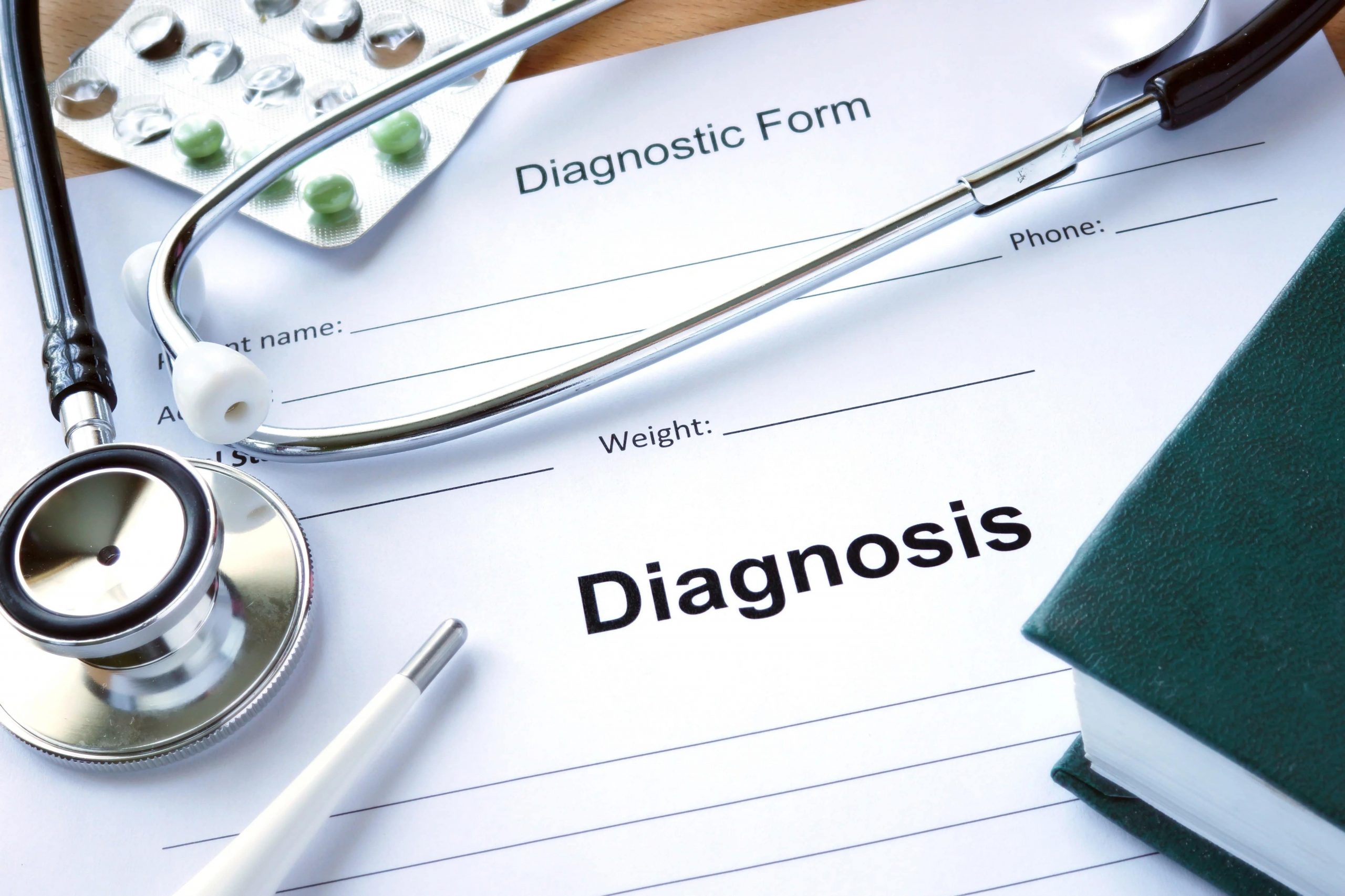Symptoms of colorectal cancer may not manifest immediately, which is why routine cancer screenings are so vital in the early detection and diagnosis of the cancer. If symptoms do begin to appear, however, you may experience some or all of the following, according to the American Cancer Society:
- A change in bowel habits, such as diarrhea, constipation, or narrowing of the stool, that lasts for more than a few days
- A feeling that you need to have a bowel movement that is not relieved by having one
- Rectal bleeding with bright red blood
- Blood in the stool, which may make the stool look dark
- Cramping or abdominal (belly) pain
- Weakness and fatigue
- Unintended weight loss

Again, symptoms of colon or rectal cancer are not always obvious as the cancer begins to develop, so testing is necessary to determine if you have colorectal polyps or cancer, even if you are not experiencing any of these. You can also still have colorectal cancer if you still have normal bowel movements.
Additionally, it is important to remember that some of these symptoms can be caused by other, less severe conditions like a bowel infection, irritable bowel syndrome, and hemorrhoids. If you are experiencing one or more of these symptoms, it is still important to visit your doctor so that you can be treated accordingly.
If you are diagnosed with colorectal cancer, your doctor will try to determine the stage of your cancer, or how far it has spread throughout the body, if at all. The American Joint Committee on Cancer (AJCC)uses the TNM system to determine how far along the cancer is, and the classifications based on the following criteria:
- Location, size, and extent of the original tumor and subsequent tumor(s)
- Whether or not the cancer has spread to nearby lymph nodes
- Whether or not the cancer has metastasized, or spread to distant parts of the body
The staging process happens when a number of tests are completed, which can include physical examinations, imaging tests, laboratory tests, pathology reports, and surgical reports, according to the AJCC. The earliest-developing cancers are considered Stage I (1), and the latest stages of cancers are classified as Stage IV (4). The earlier the stage, the better the prognosis, and more options are available for treatment.

